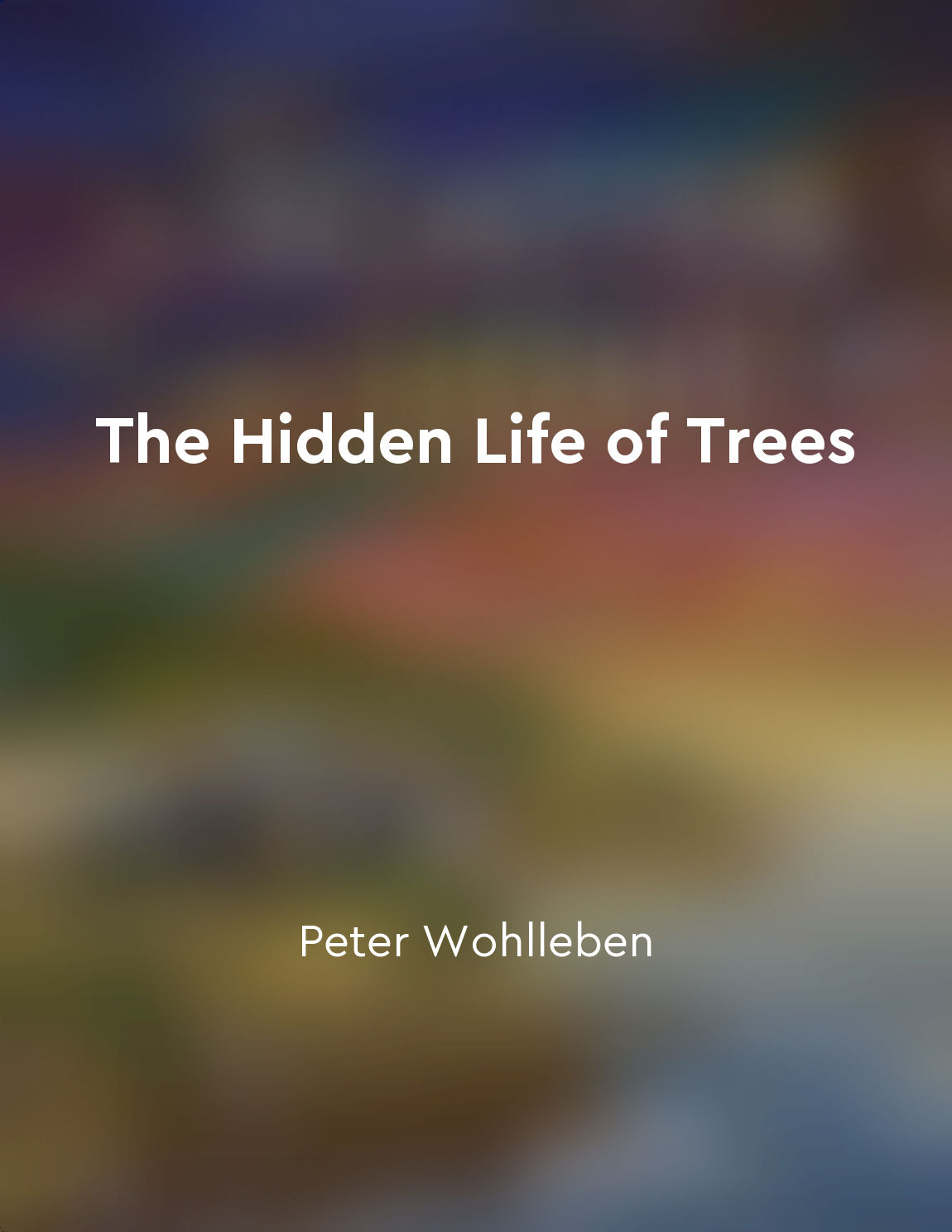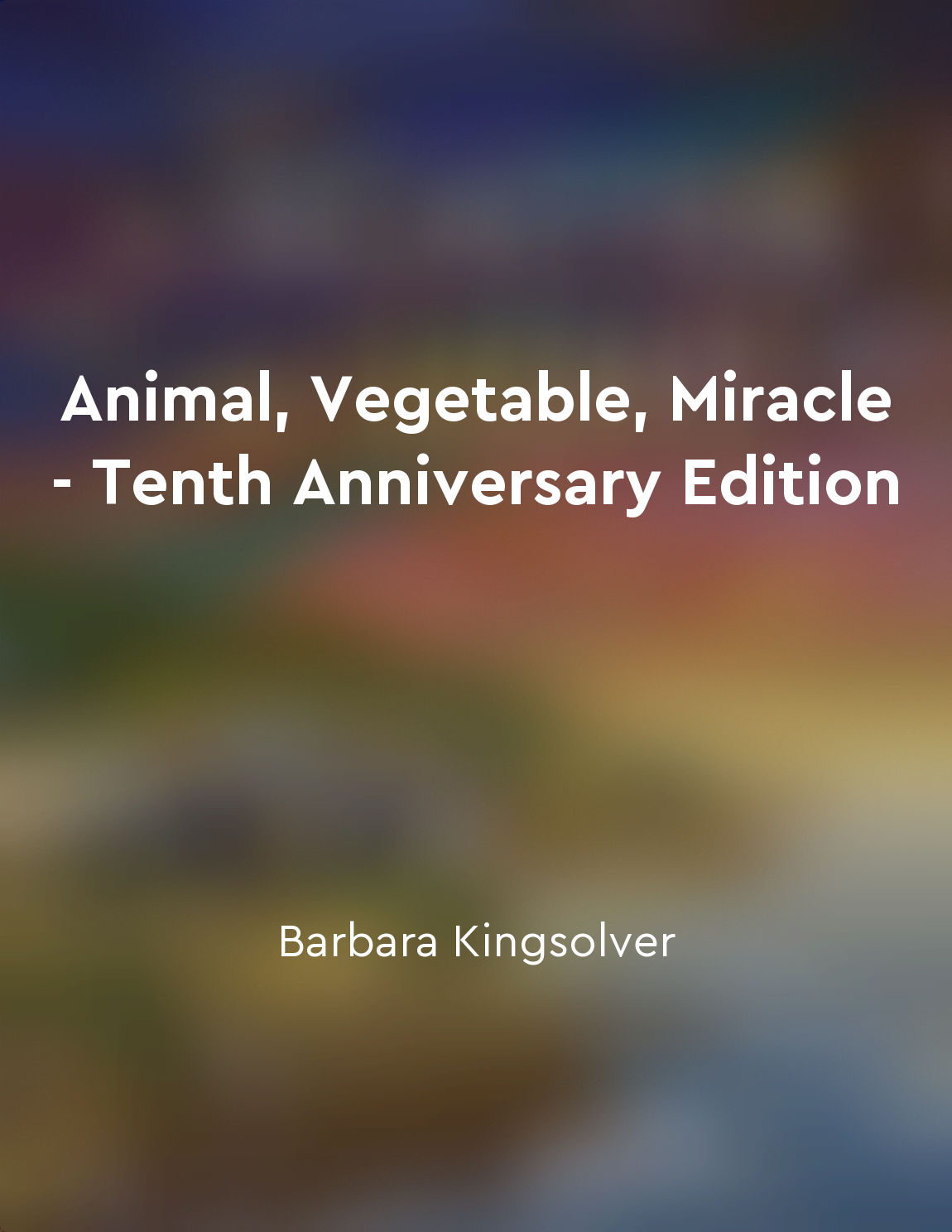Home gardens can serve as vital habitats for native species from "summary" of Bringing Nature Home by Douglas W. Tallamy
Home gardens are much more than mere patches of green in our urban landscapes. They can be vital habitats for a wide range of native species that are struggling to survive in our increasingly developed world. By simply planting native trees, shrubs, and flowers in our own yards, we can create mini ecosystems that support local wildlife in ways that larger, more fragmented natural areas cannot. These mini ecosystems provide food and shelter for a variety of insects, birds, and other animals that play important roles in our environment. Insects, in particular, are essential for the functioning of these ecosystems, as they serve as a critical food source for many other animals. When we plant native species in our gardens, we attract a diverse array of insects that in turn support a healthy population of birds and other wildlife. It is important to understand that not all plants are equal when it comes to supporting native species. Native plants have co-evolved with local wildlife over thousands of years, and as a result, they provide the best food and habitat for these creatures. In contrast, non-native plants often lack the necessary nutrients and structures that native species rely on for survival. By prioritizing native plants in our gardens, we can ensure that we are providing the most valuable resources for our local wildlife. In addition to supporting native species, home gardens can also serve as important stepping stones for wildlife moving between larger natural areas. As our cities and suburbs expand, many species are finding it increasingly difficult to move between isolated patches of habitat. By creating interconnected networks of gardens filled with native plants, we can help these species navigate through human-dominated landscapes and maintain healthy populations.- The concept of home gardens as vital habitats for native species highlights the significant impact that individual gardeners can have on the health and biodiversity of our local ecosystems. By making simple choices about the plants we grow in our yards, we can create vibrant oases for wildlife in the midst of our urban environments.
Similar Posts
Earth is a beacon of life in a seemingly barren universe
The idea that Earth is a beacon of life in a seemingly barren universe is a powerful and profound concept that forces us to con...
Cultivating resilience through local food production prepares communities for challenges
Cultivating resilience through local food production is a fundamental way to empower communities to face challenges. By growing...
DDT persists in the environment for years
DDT, once released into the environment, does not disappear quickly. It persists for years in soil, water, and even in the bodi...

Trees provide habitats for diverse wildlife
Trees are not just individual entities standing alone in the forest. They are part of a larger ecosystem that supports a wide a...
Every species has a part to play in the grand scheme of things
In the vast tapestry of life on Earth, every species is like a thread, intricately woven into the fabric of the natural world. ...

Eating locally supports community resilience
Eating locally means buying food grown or raised nearby. This simple act has far-reaching effects, not just on our health and t...
The extinction of keystone species can have profound impacts
The disappearance of key species can set off a chain reaction within an ecosystem. This is because some species play a unique a...
Cognitive biases influence decisions
The mind, that most delicate of organs, holds secrets beyond imagining. Even the most rational among us are susceptible to the ...
Redwoods play a vital role in maintaining Earth's ecosystems
Redwoods are giants of the forest, towering hundreds of feet above the ground. They are not just awe-inspiring in their size, b...
Reptiles can be found in the surrounding areas
In this district are found, in small numbers, the common lizard and the blindworm. The latter is by some considered to be venom...

